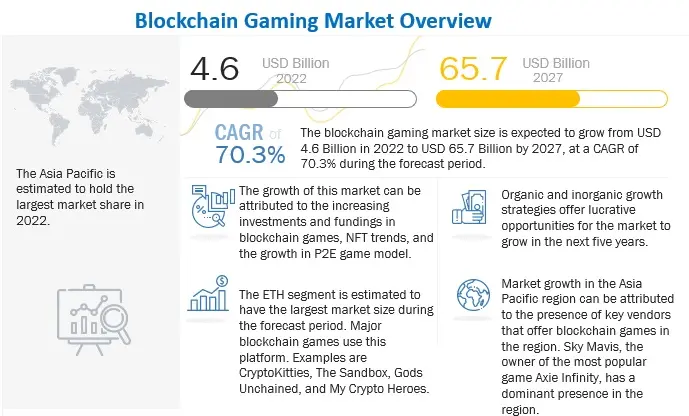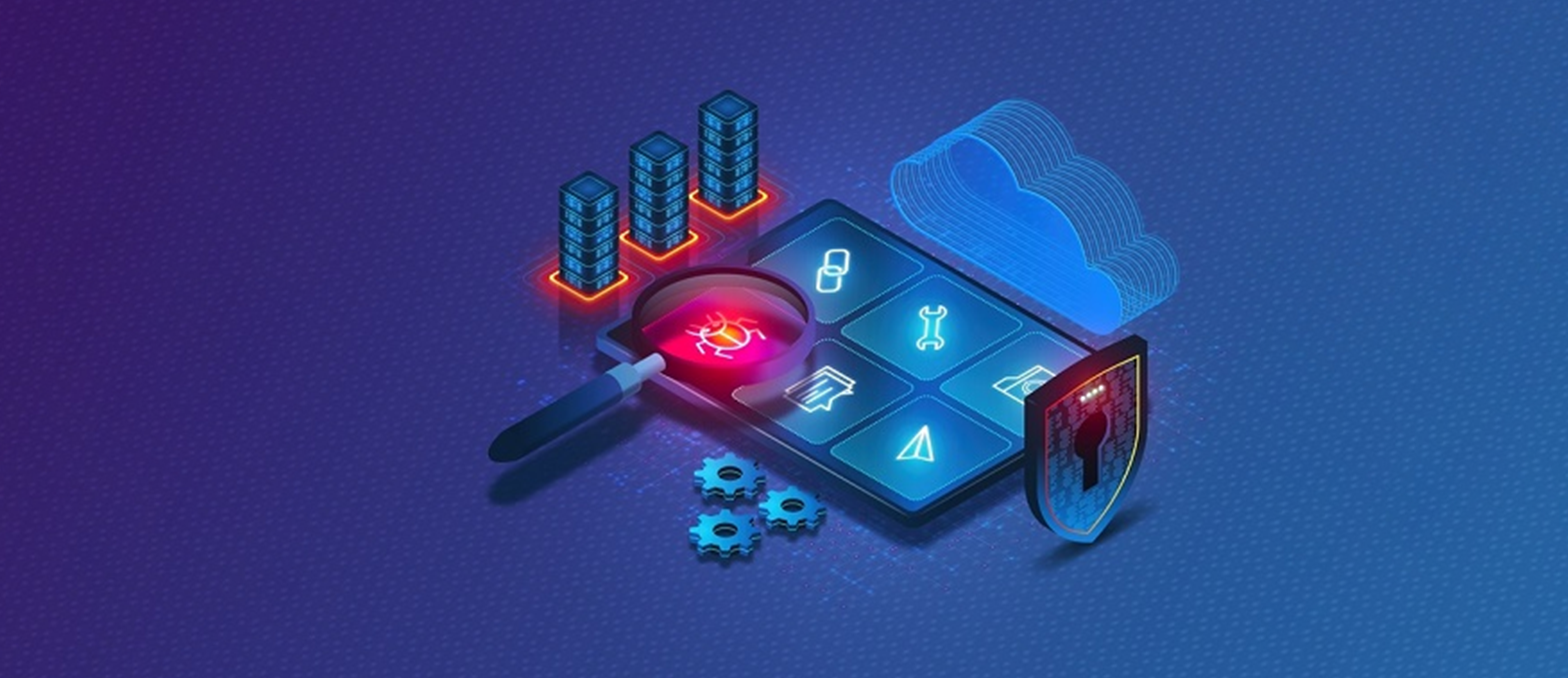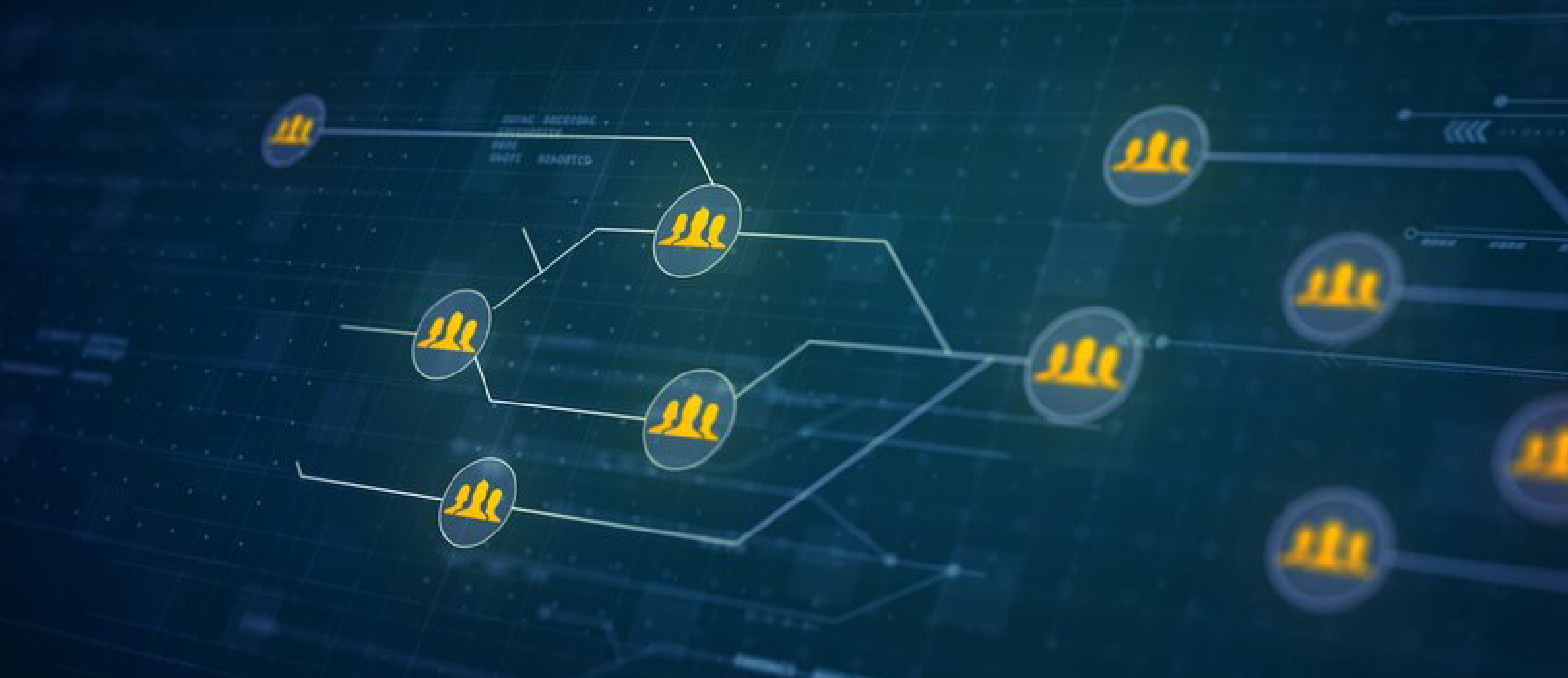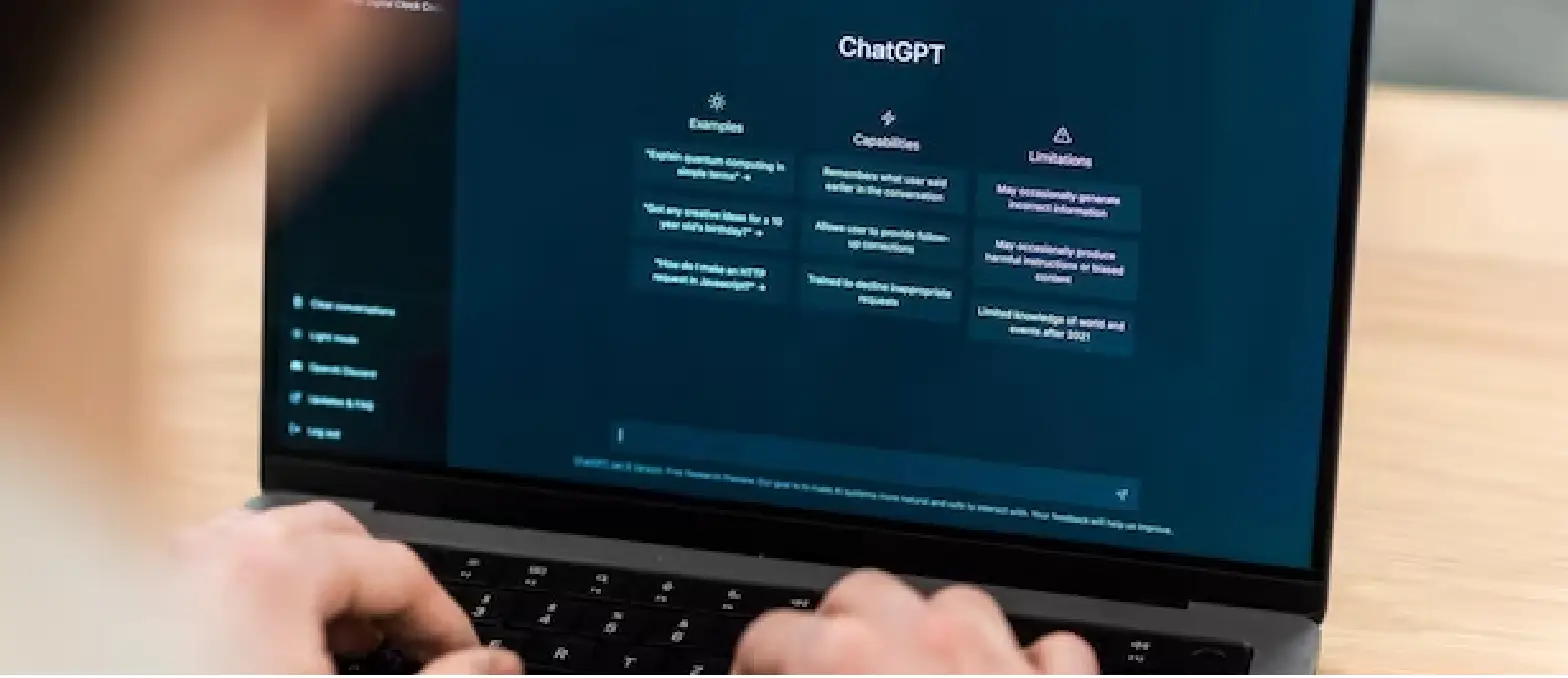The gaming industry is undergoing a significant transformation with the advent of blockchain technology, especially in metaverse gaming. This innovative technology reshapes how games are developed, played, and monetized. It offers players unprecedented ownership and control over their in-game assets.
In traditional gaming environments, players invest time and money into virtual items they do not truly own. Game developers control these assets, which can be lost if the game is discontinued or if a player stops playing. Blockchain technology addresses these challenges by providing a decentralized platform for true digital asset ownership.
Using non-fungible tokens (NFTs), players can buy, sell, and trade their in-game items across different platforms and games. This shift empowers players and creates new economic opportunities within the gaming ecosystem.
Moreover, blockchain enhances security and transparency in gaming transactions. Every transaction records on an immutable ledger, reducing fraud risks and ensuring players can trust the integrity of their assets. As gaming evolves toward more immersive experiences within the metaverse, blockchain technology will play a crucial role in facilitating these advancements.
The emergence of Metaverse gaming, a convergence of virtual reality, augmented reality, and blockchain, is redefining the gaming landscape. In this blog, we will explore various use cases of blockchain in gaming, highlighting its benefits and addressing the challenges faced during implementation. We will also delve into how blockchain applications are revolutionizing the gaming industry.
Table of Contents
Statistics About Blockchain for Gaming
The adoption of blockchain in gaming industry in the gaming sector is rapidly gaining traction. Here are some key statistics that illustrate its growing importance:
- Market Growth: The global blockchain gaming market was valued at USD 4.6 billion in 2022 and is projected to reach USD 65.7 billion by 2027, growing at a CAGR of 70.3% during this period.
- Player Ownership: According to a survey by DappRadar, over 75% of gamers expressed interest in owning their in-game assets through blockchain technology.
- Investment Surge: In 2021 alone, blockchain-based games attracted more than $4 billion in investments, indicating strong interest from venture capitalists and investors.
- NFT Market Growth: The NFT market within gaming is expected to grow from $1 billion in 2021 to over $10 billion by 2025, driven by increased player engagement and asset ownership.
- P2E Models: Play-to-earn (P2E) models have gained popularity, with games like Axie Infinity generating over $1 billion in revenue from player transactions.
- Cross-Platform Compatibility: A report from CoinTelegraph states that nearly 60% of gamers are interested in cross-platform compatibility for their digital assets, which blockchain can facilitate.
- Security Enhancements: Blockchain in gaming industry provides enhanced security measures; studies show that it reduces fraud risks by up to 50% compared to traditional gaming systems.
- Decentralization Trend: By 2025, it is estimated that around 30% of all games will incorporate some form of blockchain technology, reflecting its growing acceptance.

These statistics highlight the transformative potential of blockchain technology within the gaming industry, showcasing its ability to enhance player experiences, create new economic models, and drive innovation.
Blockchain Use Cases in Gaming Industry
When it comes to Blockchain use cases in gaming industry, it is transforming the gaming industry in various ways, from creating decentralized gaming economies to enabling secure ownership of in-game assets.
Blockchain in Legal
The Last Will, a Blockchain In legal, allows players to create and execute digital wills, manage their virtual assets, and pass them on to their beneficiaries. This use case demonstrates how blockchain can revolutionize the legal aspects of gaming, ensuring secure and transparent asset management.
Blockchain in Media and Entertainment
Decentraland, a virtual world built on the Ethereum blockchain, allows players to purchase, develop, and monetize their virtual land and assets. This Blockchain in Media and Entertainment platform showcases how blockchain can enable the creation of immersive, decentralized gaming environments where players have true ownership and control over their in-game items.
Creating Decentralized Gaming Economies
Blockchain use cases in the gaming industry enable the creation of decentralized gaming economies. In these economies, players gain more control over their in-game assets and overall gaming experience. By utilizing blockchain-based currencies and smart contracts, game developers can establish transparent, secure, and self-sustaining economies within their games. This approach empowers players to actively participate in the economic aspects of the game, leading to increased engagement and a stronger sense of ownership.
Play-to-Earn and the Rise of Game Economies
The play-to-earn model, enabled by blockchain technology, has revolutionized the gaming industry. In this model, players earn in-game rewards, often in the form of cryptocurrencies or NFTs, by completing tasks or participating in activities. This shift transforms gaming from a purely entertainment-driven experience to one that provides economic opportunities for players. The rise of game economies attracts a new wave of players who view gaming as a means to generate income, leading to increased adoption and growth within the blockchain gaming sector.
Ownership of In-Game Assets through NFTs
Blockchain use cases in the gaming industry, combined with non-fungible tokens (NFTs), grant players true ownership of their in-game assets. Unlike traditional games where players have limited control over digital items, blockchain-based games allow players to own, trade, and transfer their assets outside the game’s ecosystem. This empowerment enables players to create and manage their own digital collections, unlocking new revenue streams and fostering a thriving in-game economy.
Interoperable Game Assets
Blockchain use cases in the gaming industry support the development of interoperable game assets. Players can seamlessly transfer their digital items across different blockchain-based games. This level of asset interoperability creates a cohesive and interconnected gaming ecosystem. Players can build and maintain a consistent digital identity and asset portfolio. This feature enhances the overall gaming experience, allowing players to utilize their hard-earned assets in various environments, reinforcing their sense of ownership and investment.
Cross-Game Asset Trading
Blockchain use cases in the gaming industry facilitate seamless trading of in-game assets across different blockchain-based games. Players can buy, sell, and exchange digital items such as weapons, skins, or virtual land with others through decentralized marketplaces. This cross-game asset trading creates player-driven economies where market forces determine asset value rather than solely relying on game developers. This empowerment allows players to generate additional income while introducing new business models for developers to monetize their platforms.
Tokenized Game Rewards
Blockchain technology enables the tokenization of in-game rewards, allowing players to earn verifiable and transferable digital assets for their in-game achievements. These tokens can be used to purchase additional in-game items, traded on decentralized exchanges, or even converted into fiat currency. The tokenization of rewards has created new incentive structures, motivating players to engage more deeply with the game and contribute to its overall growth and development. This model has the potential to attract a wider audience of players, including those seeking to generate income from their gaming activities.
Digital Identity and Avatar Management
Blockchain technology offers a secure and decentralized approach to managing players’ digital identities and avatars within the gaming ecosystem. By leveraging blockchain-based identity management systems, players can create and maintain a consistent digital persona that can be used across multiple blockchain-based games. This level of identity portability empowers players to build a reputation, collect achievements, and maintain their digital assets across a wide range of gaming environments. Moreover, blockchain-based avatar management allows players to customize and personalize their in-game characters, further enhancing the immersive gaming experience.
Provably Fair Randomness
Blockchain technology enables the implementation of provably fair randomness mechanisms within gaming platforms. By utilizing blockchain-based random number generation (RNG) protocols, game developers can ensure that the outcomes of in-game events, such as loot box drops or game-winning conditions, are truly random and not susceptible to manipulation. This level of transparency and fairness builds trust among players, as they can verify the integrity of the game’s mechanics and be confident that their gaming experience is not biased or influenced by external factors.
Take Your Gaming Platform to the Next Level
Crowdfunding for Game Development
Blockchain technology has transformed the way game developers can raise funds for their projects. Through blockchain-powered crowdfunding platforms, game studios can engage with a global community of investors and supporters to secure the necessary funding for their game development efforts. These platforms often utilize cryptocurrency-based investment models, allowing backers to contribute and participate in the game’s success. This decentralized approach to game development funding has democratized the industry, enabling smaller studios and independent developers to bring their creative visions to life.
Anti-Cheat Mechanisms
Blockchain technology can enhance the integrity of gaming platforms by implementing robust anti-cheat mechanisms. By leveraging the immutable and transparent nature of blockchain, game developers can create decentralized systems that monitor and verify player actions, ensuring a fair and secure gaming experience. This can include the use of smart contracts to enforce game rules, as well as the integration of blockchain-based identity management to prevent cheating attempts. The implementation of these anti-cheat measures can help maintain the trust and confidence of players, ultimately leading to a more engaging and rewarding gaming ecosystem.
Tokenized Subscriptions and Memberships
Blockchain technology enables the tokenization of in-game subscriptions and memberships, providing players with new ways to access premium content and features. By utilizing blockchain-based tokens, game developers can create subscription models that offer increased transparency, flexibility, and control for players. For example, players can purchase and manage their own membership tokens, granting access to exclusive in-game content, VIP experiences, or specialized services. This tokenization aligns with the broader trend of player empowerment and decentralization within the gaming industry.
Skill-Based Betting Systems
Blockchain technology has the potential to revolutionize skill-based betting systems in the gaming industry. By utilizing smart contracts and decentralized platforms, developers can create betting mechanisms that are transparent, secure, and fair. Players can engage in skill-based wagers where outcomes depend on their performance and abilities rather than chance. This approach enhances the overall gaming experience and introduces new revenue streams for both players and developers. Integrating blockchain-powered betting systems can attract a new demographic interested in competitive and lucrative gaming aspects.
In-Game Resource Mining
Blockchain technology enables the integration of in-game resource mining. Players can contribute their computational power to support the blockchain network and earn rewards in cryptocurrencies or in-game assets. This feature allows players to participate actively in the game’s underlying infrastructure, creating a mutually beneficial ecosystem. Players are incentivized to contribute to the game’s performance and growth. In-game resource mining provides additional income streams while strengthening the overall decentralization and sustainability of the gaming platform.
In-Game Ad Revenue Sharing with Players
Blockchain technology facilitates transparent and equitable in-game advertising revenue-sharing models. By leveraging blockchain-based smart contracts, developers can create mechanisms that automatically distribute a portion of advertising revenue generated within the game to participating players. This approach empowers players to benefit directly from their engagement and contributions to the game’s ecosystem, fostering a stronger sense of community and ownership. The transparency and tamper-proof nature of blockchain-based revenue sharing build trust and accountability between developers and players.
Blockchain-Verified Game Ratings and Reviews
Blockchain technology enhances the integrity and credibility of in-game ratings and reviews by leveraging its decentralized and immutable nature. By integrating blockchain-based systems, developers ensure that player feedback and reviews are tamper-proof, transparent, and verifiable. This integration helps eliminate fake or manipulated reviews, providing reliable information for players to make informed decisions about games. Additionally, blockchain-verified ratings serve as a valuable tool for developers to gather authentic feedback and improve the overall player experience.
Blockchain-Based Games vs. Traditional Games
Blockchain-based games differ fundamentally from traditional games in several ways. Traditional games are typically centralized, with developers and publishers controlling the game’s assets and economy. In contrast, blockchain-based games leverage the decentralized nature of blockchain technology to empower players and create transparent gaming ecosystems.
In traditional games, players have limited ownership of in-game assets. These assets are digital items owned by the game developers and are often non-transferable. Players can only use them within the game’s ecosystem. Conversely, blockchain-based games utilize non-fungible tokens (NFTs) to provide true ownership of in-game assets. Players can trade, sell, or use these assets across different gaming platforms.
Another key difference lies in the economic models. Traditional games typically feature a one-way flow of value. Players purchase in-game items or subscriptions using fiat currency, with developers retaining most of the revenue. Blockchain-based games often incorporate play-to-earn models, allowing players to earn in-game rewards like cryptocurrencies or NFTs. This shift empowers players to participate actively in the game’s economy and generate income from their activities.
Furthermore, blockchain-based games emphasize transparency and fairness. By leveraging the immutable and decentralized nature of blockchain, these games implement provably fair randomness, anti-cheat mechanisms, and verifiable transactions. This ensures that the gaming experience remains free from manipulation or bias.
Examples of Blockchain Gaming Platforms
The blockchain gaming industry has seen several innovative platforms transforming how we think about gaming. Here are a few notable examples:
Axie Infinity
Axie Infinity is a popular blockchain-based game known for its play-to-earn model. Players collect, breed, and battle unique digital creatures called Axies, represented as NFTs. Players earn the game’s native cryptocurrency, AXS, by participating in various activities and can trade their Axies on the marketplace.
The Sandbox
The Sandbox is a decentralized virtual world built on the Ethereum blockchain. Players can create, own, and monetize their gaming experiences. They can purchase and customize virtual land, build games and experiences, and monetize their creations through sales or in-game events.
Decentraland
Decentraland is another blockchain-based virtual world where users create, experience, and monetize content and applications. Players can purchase virtual land known as LAND, which they can develop or rent out to others. Decentraland features a robust economy where players earn and trade the platform’s native cryptocurrency, MANA.
CryptoKitties
CryptoKitties is one of the earliest and most well-known blockchain games. It is a digital collectible game where players breed, collect, and trade unique virtual cats represented as NFTs on the Ethereum blockchain. CryptoKitties has popularized in-game asset ownership and the integration of blockchain technology in gaming.
Benefits of Blockchain in the Gaming Industry
Integrating blockchain technology in the gaming industry offers numerous benefits that transform how games are developed, played, and monetized.
Increased Transparency and Trust
Blockchain technology provides a transparent and tamper-proof record of all in-game transactions and asset ownership. This transparency builds trust among players, allowing them to verify the integrity of game mechanics. Players can feel confident that their gaming experience is free from manipulation.
Secure Ownership of In-Game Assets
By leveraging non-fungible tokens (NFTs), blockchain-based games grant players true ownership of their in-game assets. Players can trade, sell, or use these assets across different gaming platforms. This empowerment allows players to build and maintain a consistent digital identity and asset portfolio, enhancing their overall gaming experience.
Decentralized Economies and Player Empowerment
Blockchain technology enables the creation of decentralized gaming economies where players actively participate in economic activities. This shift from a centralized model to a decentralized one gives players more control over their gaming experiences. Players can generate income from their gaming activities.
Enhanced Security and Fairness
Blockchain-based games can implement robust anti-cheat mechanisms and provably fair randomness protocols. These features ensure a secure and equitable gaming environment. Enhanced security helps build trust and loyalty among players, as they can be confident that game outcomes are not manipulated.
New Revenue Streams and Business Models
Integrating blockchain technology in gaming opens up new revenue streams and business models for developers. By leveraging features like play-to-earn, in-game resource mining, and tokenized subscriptions, developers can create innovative monetization strategies. These strategies benefit both players and the overall gaming ecosystem.
Challenges of Implementing Blockchain in Gaming
While the integration of blockchain technology in the gaming industry offers numerous benefits, there are also several challenges that game developers and players must navigate.
Complexity and Technical Barriers
Implementing blockchain technology in gaming can be a complex and technically challenging process. Game developers must possess a deep understanding of blockchain protocols, smart contract development, and cryptocurrency integration, which can be a barrier for smaller studios or those with limited technical expertise.
Regulatory Uncertainties
The regulatory landscape around blockchain and cryptocurrencies is constantly evolving, and game developers must navigate a complex web of laws and regulations that vary across different jurisdictions. This uncertainty can create challenges in terms of compliance and the legal status of in-game assets and transactions.
Scalability and Performance Issues
Blockchain networks can face scalability challenges, with issues such as high transaction fees and slow processing times. These limitations can impact the overall user experience, particularly in games that require real-time interactions and low-latency responses.
Onboarding and User Experience
Integrating blockchain technology into gaming can introduce additional steps and complexities for players, such as setting up cryptocurrency wallets and managing digital assets. Game developers must prioritize user experience and simplify the onboarding process to ensure a seamless transition for players who may not be familiar with blockchain technology.
Adoption and Market Saturation
The blockchain gaming industry is rapidly growing, leading to increased competition and a crowded market. Game developers must differentiate their offerings, create compelling gameplay experiences, and effectively market their blockchain-based games to attract and retain players in this highly competitive landscape.
The Future of Blockchain in the Gaming Industry
The future of blockchain in gaming looks promising and can revolutionize game development, play, and monetization. Blockchain applications in gaming will continue expanding, leading to sophisticated and immersive Metaverse experiences. This integration will create decentralized virtual worlds, giving players greater control over their digital assets and identities.
As blockchain technology evolves, we will see advancements in cross-game asset interoperability. This will allow players to transfer in-game items across multiple platforms seamlessly. Such interoperability fosters a more interconnected gaming ecosystem, enabling players to maintain a consistent digital persona.
The play-to-earn model has gained traction and will likely become more prevalent. As players see income potential from gaming activities, developers will design engaging gameplay experiences that incentivize participation.
The role of non-fungible tokens (NFTs) in blockchain gaming will grow exponentially. NFTs will represent unique in-game assets and support complex, customizable gaming experiences. Players will gain more control over creation, ownership, and monetization of their in-game creations.
Advancements in blockchain technology will improve scalability, transaction speeds, and energy efficiency. These improvements will drive adoption and integration of blockchain in the gaming industry. As technical challenges are addressed, developers can create seamless blockchain-based platforms for a broader audience.
Moreover, integrating blockchain technology in gaming will impact other industries like media and finance. The lessons learned from blockchain gaming can apply to decentralized digital ownership and asset management.
How A3Logics Can Help You Implement Blockchain for Gaming?
A3Logics stands ready to help gaming companies leverage blockchain technology to transform their ecosystems. Our team of experts has extensive experience developing scalable blockchain-based gaming solutions. We understand the unique challenges and opportunities within the gaming industry.
At A3Logics, we offer a comprehensive suite of blockchain services tailored to gaming:
Blockchain Game Development
Our developers can design and build blockchain-based games that create immersive and secure experiences.
Cryptocurrency Wallet Development
As a leading Cryptocurrency Wallet Development Company, we develop custom wallets that integrate seamlessly into your platform for secure asset management.
Smart Contract Integration
Our experts harness smart contracts to automate mechanics and create transparent gaming economies.
Tokenization and NFT Integration
We assist with tokenizing in-game assets and managing non-fungible tokens (NFTs) for player ownership.
Blockchain-Based Identity Management
We integrate identity management systems so players can maintain a consistent digital persona across games
Blockchain Consulting Services
Our Blockchain Consulting Services provide expert guidance on integrating blockchain technology into your business objectives.
Blockchain Infrastructure Development
We help build necessary infrastructure, including nodes, consensus mechanisms, and network governance for scalability.
By partnering with A3Logics, you gain access to our deep understanding of the gaming industry. We are committed to delivering innovative solutions that enhance player engagement and monetization.
Ready to Transform Your Gaming World? – Book A 30 Minutes Free Consultation!
Conclusion
Integrating blockchain technology in gaming will redefine how games are developed, played, and monetized. Blockchain-based platforms enable decentralized economies, secure ownership of assets, and new revenue streams for players and developers alike.
The benefits of blockchain include increased transparency, enhanced security, fairness, and empowering players through play-to-earn models. As the sector evolves, we can expect sophisticated Metaverse experiences and widespread adoption of NFTs for unique assets.
While challenges exist—such as technical complexity, regulatory uncertainties, and user adoption—the long-term potential remains immense. As developers and players embrace these benefits, the gaming landscape will evolve toward more immersive and equitable experiences.
FAQs
What is Blockchain in Gaming?
Blockchain in gaming refers to the integration of blockchain technology into the gaming industry. This includes the use of blockchain-based platforms, cryptocurrencies, non-fungible tokens (NFTs), and smart contracts to create new gaming experiences, secure in-game assets, and enable decentralized economies within games.
How Blockchain Enhances Game Security and Fairness?
Blockchain technology enhances game security and fairness by implementing provably fair randomness protocols, robust anti-cheat mechanisms, and transparent in-game transactions. This ensures that the gaming experience is free from manipulation and that players can trust the integrity of the game’s mechanics.
What is the Role of Smart Contracts in Gaming?
Smart contracts play a crucial role in blockchain-based gaming by automating in-game mechanics, managing digital asset ownership, and facilitating transparent and secure transactions. Smart contracts can be used to enforce game rules, handle player rewards, and enable the creation of decentralized gaming economies.
What are NFTs in blockchain gaming?
Non-Fungible Tokens (NFTs) are unique digital assets that are often used to represent in-game items, characters, or other digital collectibles in blockchain-based games. NFTs provide players with true ownership and the ability to trade or transfer their in-game assets outside the game’s ecosystem.
How to hire blockchain developers to build blockchain games?
To hire blockchain developers to build blockchain games, you can consider the following steps:
- Identify the specific blockchain expertise required for your project (e.g., Ethereum, Solidity, Unity integration, etc.).
- Reach out to reputable blockchain software development services providers or freelance platforms to find experienced blockchain developers.
- Evaluate the developers’ portfolios, experience in blockchain gaming, and technical skills.
- Conduct thorough interviews to assess their understanding of blockchain technology and its application in the gaming industry.
- Prioritize developers with a proven track record of delivering successful blockchain-based gaming projects.
- Ensure clear communication and alignment on project requirements, timelines, and development methodologies.







